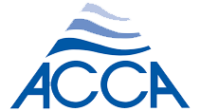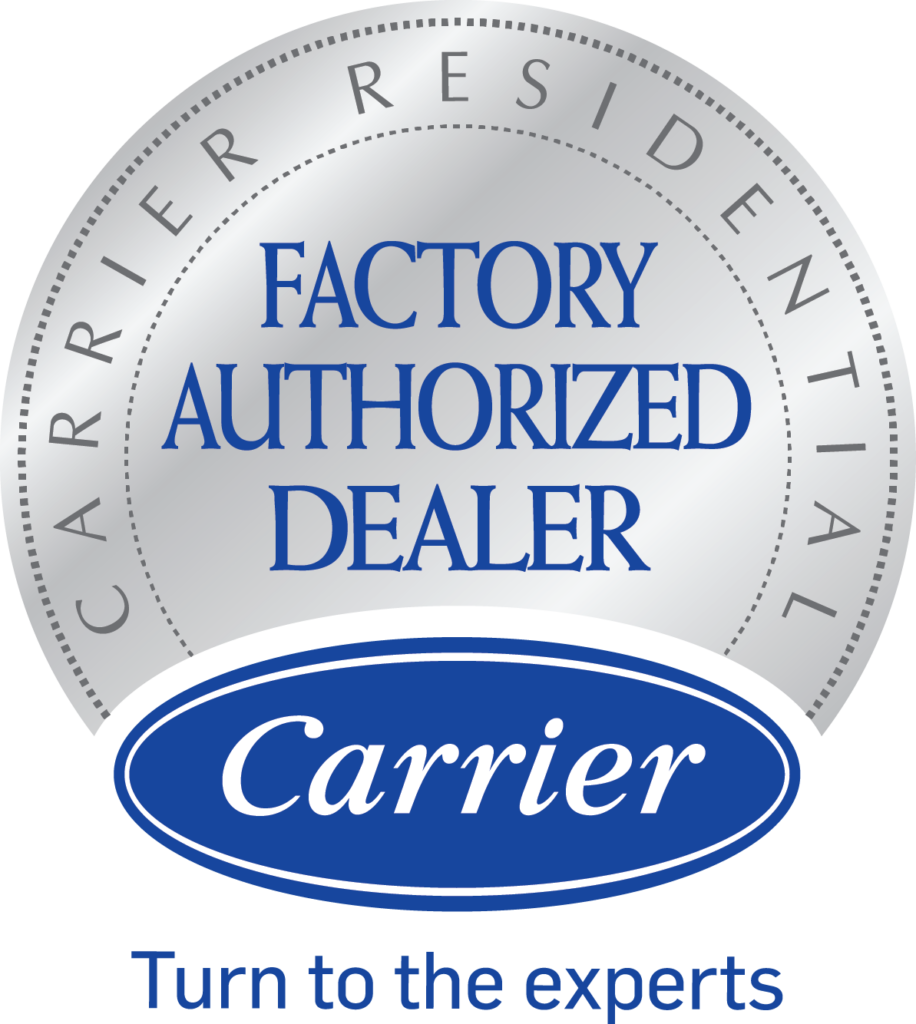Ahh, summer! Picnics, pool parties, trips to the shore and entertaining outdoors. After another pleasantly long day of playing and lounging in the sun, you return to a cool and comfortable home. The weather is perfect, but then a hot spell comes along, and the unthinkable happens – your AC breaks down. Summer’s idyll has been interrupted by a scramble to call your local HVAC company and get your system fixed fast.
We see that scenario frequently here at Cooper Mechanical. When customers call us to fix their older equipment, we often give them two prices – one to fix and the other to replace – so they can compare the difference in pricing. Often, customers opt to fix an older system, rather than replace it, hoping to extend its life a few more years.
Believe me, I know paying for a new AC isn’t cheap—whether it’s a few units in New Hope, PA or a full system in Philly—so I understand why customers make that decision. Sometimes it’s worthwhile, but it’s a gamble, and we caution many customers that a fix won’t solve their problem permanently. Too often, the system dies just a few months later and we get an urgent call to replace the AC system immediately.
I hate to see people throw away their hard-earned money on an old system that’s on its last legs, so here are the Coop’s recommendations on when to consider buying a new AC system rather than fixing it.
- Age plays a critical role in determining whether you should repair or purchase a new AC. The average lifespan of a conventional heating or cooling system is roughly 15 years. If your system lasts longer, you’re either very lucky or you’ve taken good care of your system. Good job! Once your AC is over 10 years old, you will most likely see an increasing loss of cooling capacity and efficiency. Older equipment is more prone to breakdowns too, so necessary repairs are more frequent. If your system breaks down and is older than 15 years, it’s time to seriously consider a replacement.
- If you are experiencing a leak or the system freezes, by all means call your service tech to diagnose the problem, but don’t be too surprised if he tells you the system is starting to fail. Adding Freon or Stop Leak to your system may remedy the situation for a period of time, but it doesn’t fix the problem. You will have to replace your system sooner rather than later.
- As air moves across the evaporator coil of a functioning air conditioner, excess moisture is drawn out and then expelled outdoors via the condensate drain. As an AC system ages and becomes less efficient at moving air, it does not dehumidify a home as effectively. If you’re experiencing uncomfortably high indoor humidity levels, mold and mildew issues, musty odors and/or damage to wood trim, ceilings and paint, these are tell-tale signs that your AC isn’t functioning effectively.
- Do you find yourself spending more on energy costs year after year even though your day-to-day cooling needs haven’t changed? It may be a signal that your system is not operating efficiently. If it’s an older model, your AC’s seasonal energy efficiency ratio (SEER) may not provide optimal efficiency either. Replacing an older SEER unit with a new SEER model can dramatically cut your annual energy costs. Opting for an efficient Energy Star-rated unit can boost those savings even more.
If you’re nodding your head in agreement but saying, “My system’s new, Coop. What can I do?” the answer is simple: Take care of your equipment.
Annual preventative maintenance is the best way to extend the life of your equipment. Apart from that, don’t wait for your AC equipment to die before you address the inevitable. Believe me, it’s always at the worst possible time!
Think ahead and be proactive. Take time to explore your needs with an HVAC comfort consultant like the professionals here at Cooper Mechanical, review financing options, if appropriate, and start planning on when it would be most convenient FOR YOU to replace your aging cooling and heating equipment.
And remember, by replacing your central air system in Doylestown before any of these problems escalate, you can save on energy and repair costs and avoid an uncomfortable, inconvenient equipment failure.





